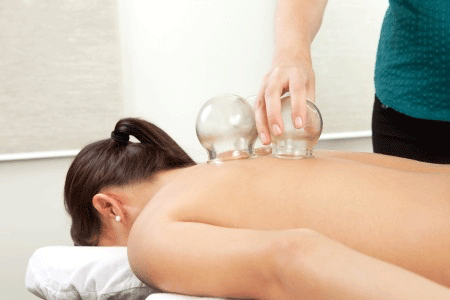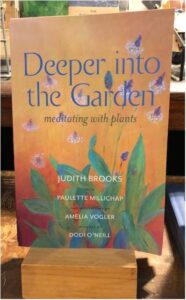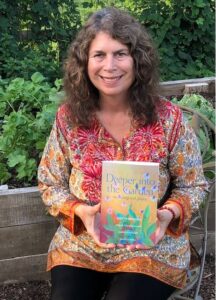Women’s Health Services
 Judith is trained in a variety of services that support women’s health, including the use of Western and Chinese herbs that are specifically beneficial to women. Herbal medicine is used in conjunction with acupuncture to support the healing process.
Judith is trained in a variety of services that support women’s health, including the use of Western and Chinese herbs that are specifically beneficial to women. Herbal medicine is used in conjunction with acupuncture to support the healing process.
- Menstrual irregularity
- Premenstrual Syndrome (PMS)
- Irritability
- Fertility support
- Pre-natal, Post-natal and Labor Support for Pregnant Women
- Menopausal syndrome
Premenstrual Syndrome (PMS)
Chinese medicine has been treating menstrual movement imbalances for thousands of years. There are time-tested treatments for all symptoms of PMS that help to rebalance the body and bring the mind and spirit back into harmony.
Fertility Support
Choosing a treatment approach to address infertility problems can be difficult. We treat infertility problems naturally through a combination of safe and effective traditional Chinese medicine therapies. This approach is cost-effective and does not require fertility drugs or invasive procedures, but couples should seek treatment early for maximum benefit.
Acupuncture and Chinese medicine offer an effective, time-tested approach to enhancing fertility and treating infertility. In fact, acupuncture has been used successfully for infertility treatment for thousands of years. Acupuncture and Chinese medicine can be used in combination with conventional reproductive medical care or as a primary treatment approach. Acupuncture can be effective for women taking fertility drugs (such as Clomid/clomiphene or gonadotropic hormones) or undergoing Assisted Reproductive Technology techniques (such as IVF or IUI). In addition, acupuncture and Chinese medicine can also be effective as a standalone approach to treat infertility for those not undergoing conventional medical treatment.
Acupuncture has been shown in many clinical research studies to be effective in enhancing fertility and treating infertility and in 1996, the World Health Organization (WHO) endorsed acupuncture for reproductive problems.
How Does Acupuncture Enhance Fertility and Treat Infertility?
- Acupuncture stimulates and influences hormonal activity, thus regulating menstruation, ovulation, and pregnancy. Acupuncture triggers the release of prostaglandins into the bloodstream, which in turn lead to the production of a substance that transmits messages to the hypothalamus.
- A 1996 Swedish study reported that acupuncture increases blood flow to the uterus and ovaries. Decreased blood flow through the uterine artery correlates to lower pregnancy rates and acupuncture’s ability to increase pelvic blood supply dramatically improves the outcome of ART techniques.
- Acupuncture helps to reduce stress and decrease the hypersympathetic nervous system response, relaxing the neuroendocrine system and regulating hormones. Studies have shown that high stress levels decrease the likelihood of conceiving.
- Acupuncture has been shown to stimulate chemical changes within the uterine lining, thickening the endometrium and preparing the uterus for implantation.
- Research shows that acupuncture normalizes dysfunction of the hypothalamic-pituitary-ovarian (HPO) axis.
- Acupuncture helps to decrease uterine contractions and improve implantation outcome. Increased uterine contractions at the time of embryo transfer of an IVF procedure negatively affect implantation outcome.
- In men, acupuncture can improve the concentration, volume, and motility of sperm.
For all of these reasons, acupuncture in recent years has become widely accepted as an important component of fertility enhancement and infertility treatment. In addition to acupuncture treatment and Chinese herbal medicine, lifestyle choices play an important role in restoring balance and improving the likelihood of conceiving and carrying to term a healthy child. Important lifestyle factors that are typically discussed during acupuncture treatment include: diet, stress reduction, exercise, sleep, and emotions.
Perimenopause and Menopausal Symptoms
Both perimenopause and menopause symptoms can be effectively helped with Chinese Medicine. The use of acupuncture, herbs, a healthier diet with less processed foods, sugar and caffeine can all help ease the women’s body and spirit back into a more harmonious balance. This is a time for spiritual and physical transformation for many women. As hormones decrease, or Kidney Yin deficency becomes more prevalent, some of the following symptoms can manifest:
- Hot flashes and night sweats
- Depression and anxiety
- Fatigue
- Insomnia
- Migraines
- Irritability
- Menstrual irregularity
- Vaginal dryness



